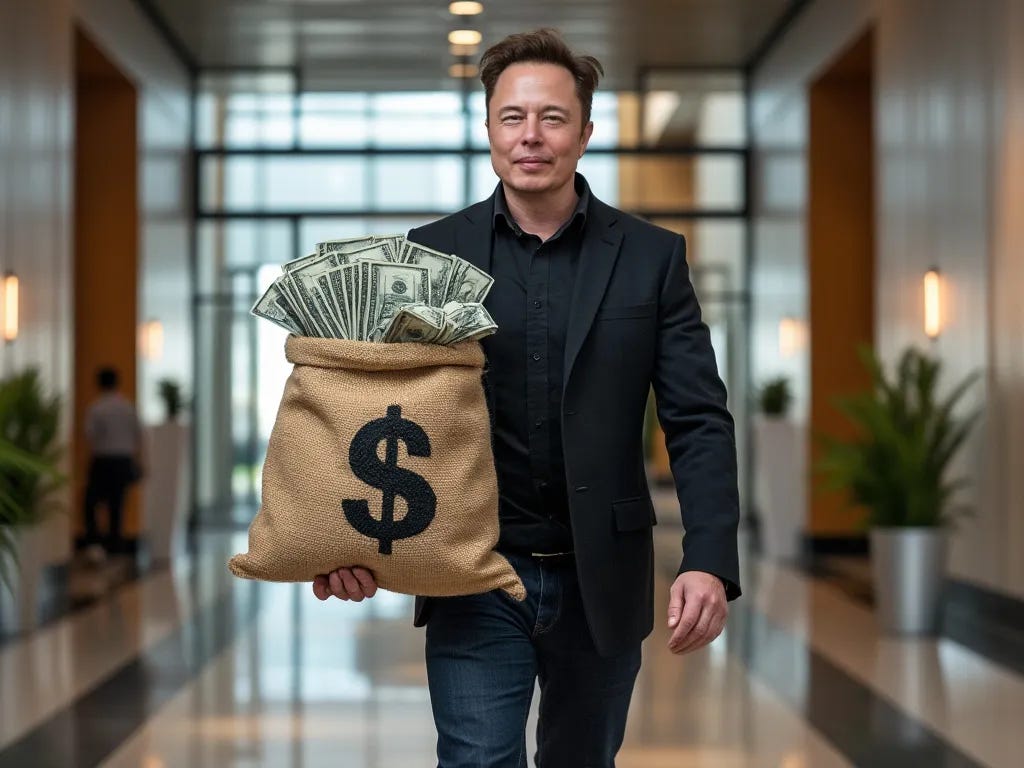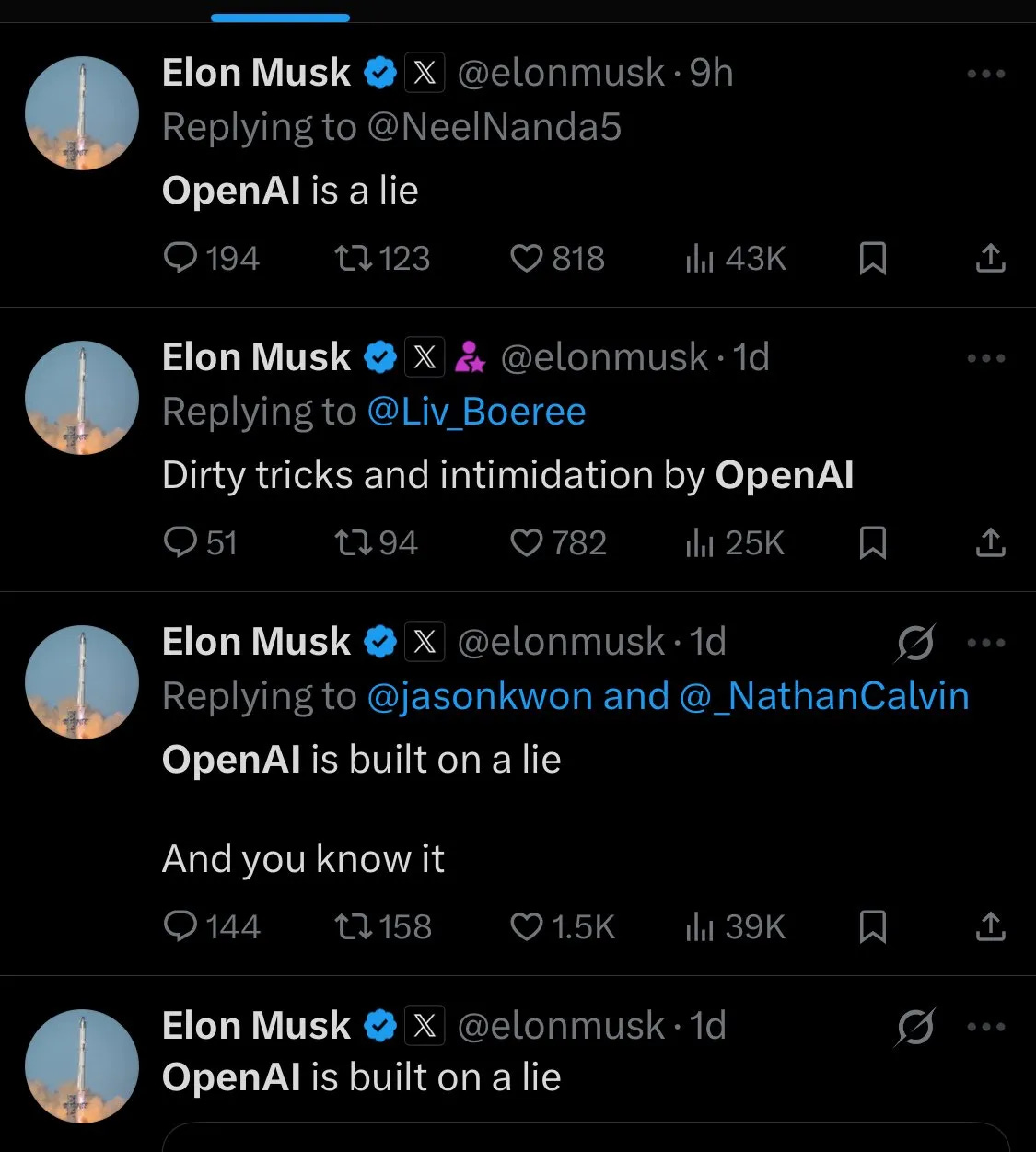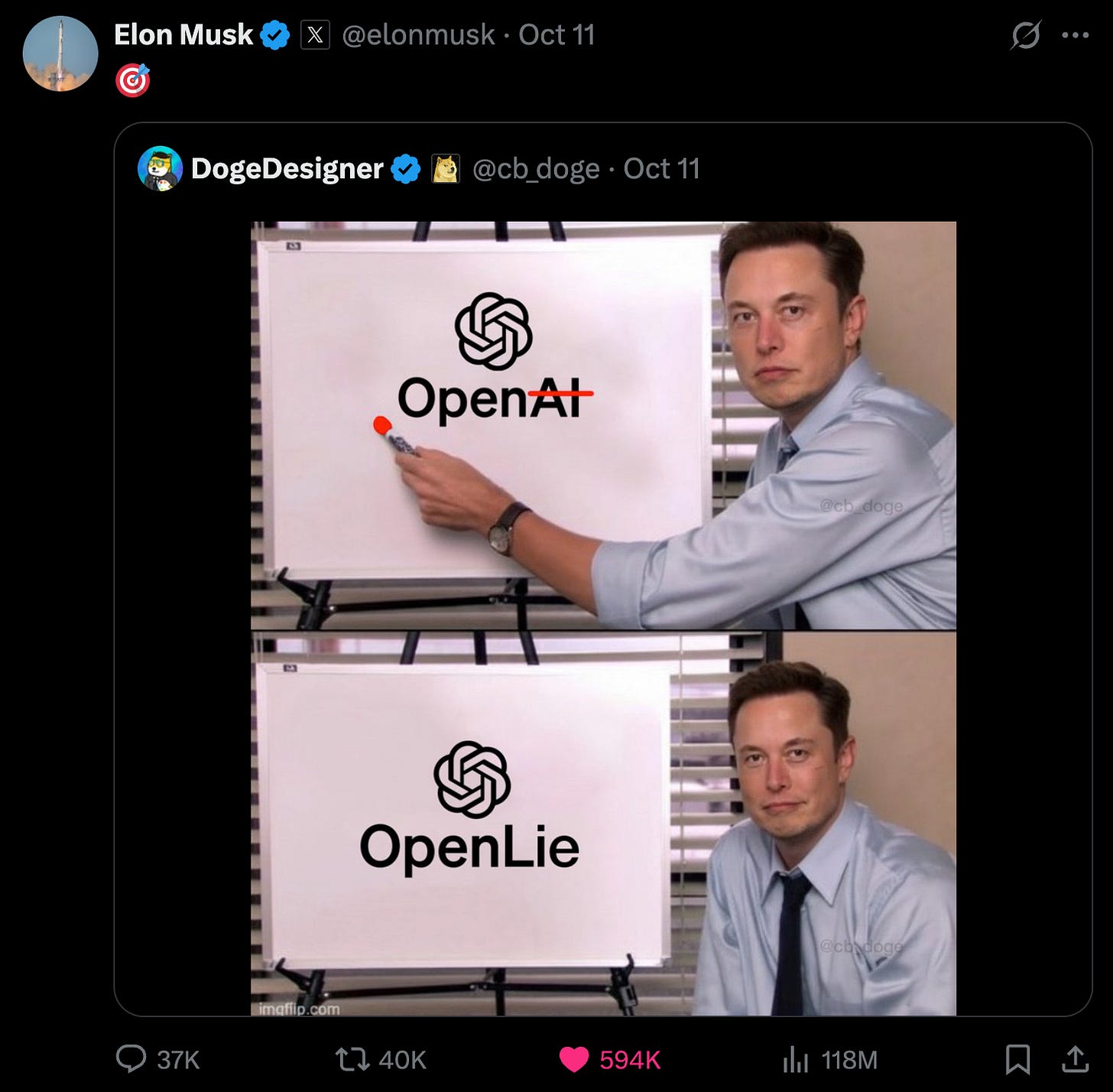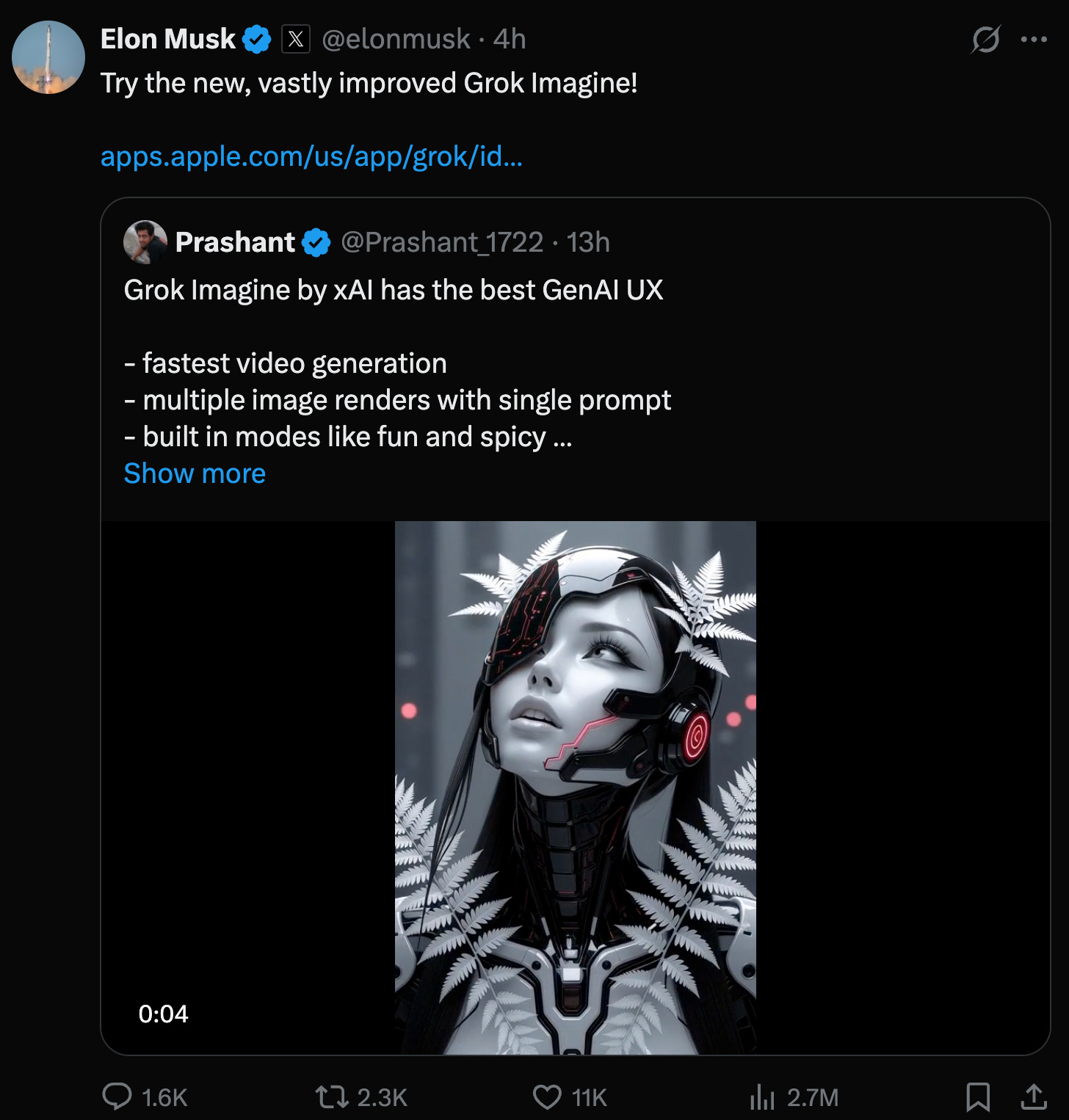Elon’s War on OpenAI: When Competition Gets Personal
Elon Musk is having a meltdown, and it’s playing out in real time on X. The world’s richest man has launched a sustained attack against OpenAI, calling the company “a lie” and accusing them of “dirty tricks and intimidation.” His latest salvo includes sharing memes that rebrand “OpenAI” as “OpenLie,” complete with his signature smirk.
The timing isn’t coincidental. Musk has been aggressively promoting Grok’s new video generation capabilities, positioning his AI chatbot as a direct competitor to OpenAI’s Sora. But the numbers tell a different story—one that explains why Musk is so rattled.
The Video Generation Battle: Grok vs. Sora 2.0
Musk’s recent posts have heavily promoted Grok Imagine’s video generation features, touting its ability to create stylized content with synchronized audio. The platform generates 6-second videos optimized for social media, with near-instant processing speeds that Musk claims surpass the competition.
But Sora 2.0 maintains clear advantages. OpenAI’s latest video generator produces more realistic, cinematic content with fluid motion and up to 4K resolution. While Grok excels at quick, stylized clips perfect for viral content, Sora 2.0 creates longer, more sophisticated videos that look genuinely lifelike.
The technical comparison reveals why Musk is pushing so hard. Grok Imagine focuses on speed and social media integration—generating content in seconds with built-in audio. Sora 2.0 prioritizes quality and realism, producing videos that could pass for professional footage. Different approaches, but Sora’s cinematic quality gives it the edge for serious content creation.
Musk’s History of Platform Warfare
This isn’t Musk’s first rodeo when it comes to using X as a weapon against competitors. In April 2023, he temporarily restricted Substack links on the platform, blocking previews and marking them as “unsafe” after Substack launched Notes, a feature that competed with Twitter’s core functionality.
Users couldn’t interact with Substack content, and the platform’s algorithm suppressed posts containing Substack links. Musk denied implementing a full “ban,” but the restrictions were real enough to spark widespread backlash. The move was lifted after public pressure, though X continues to deprioritize posts with external links.
The Traffic Gap That Explains Everything
Here’s the uncomfortable truth Musk doesn’t want to acknowledge: OpenAI is crushing Grok in user engagement. ChatGPT receives an estimated 1.8 billion monthly website visits, with around 100 million active users. The platform is used by 92% of Fortune 100 companies and set records as the fastest-growing consumer application in history.
Grok’s usage statistics? Notably absent from public reporting. While Musk controls the platform where Grok lives, he can’t manufacture the kind of organic adoption that OpenAI has achieved. The traffic differential is likely around 20-to-1 in OpenAI’s favor—a gap that would make any competitor nervous.
When Billionaires Get Petty
Musk’s attacks on OpenAI reveal something uncomfortable about the world’s richest man: he has remarkably thin skin when it comes to competition. His posts calling OpenAI “built on a lie” and accusing them of intimidation tactics read less like legitimate criticism and more like the complaints of someone watching his market share evaporate.
The real tragedy is that Grok has genuine strengths. Its integration with X, real-time information access, and now video generation capabilities could make it a formidable competitor. But Musk’s obsession with tearing down OpenAI distracts from building up his own product.
What do you think? Is Musk’s war on OpenAI justified criticism or just sour grapes from a billionaire who can’t handle losing?
I’m putting out a trilogy of some of the best science fiction in years, bringing back the sense of wonder and exploration to the genre. The crowdfund is open now, and if you miss what sci-fi used to be, this is the series for you. Back it today.






OpenAI is certainly a lie. The name says "open" but aside from a few open-weight models no one uses, nothing is "open" about OpenAI.
OpenAI is built on a lie, though. It was a non-profit that became a private for-profit company, taking over lots of valuable IP for free, in a manner that was all kinds of illegal, done without the consent of all stakeholders (including Elon, who provided a lot of the initial funding), and no doubt violated a massive number of tax laws, though the government has looked the other way.
The CEO is also rather shady, essentially confessing to sexual conduct which was illegal in his state when he was a teenager, and is accused of far worse things by his estranged sister.